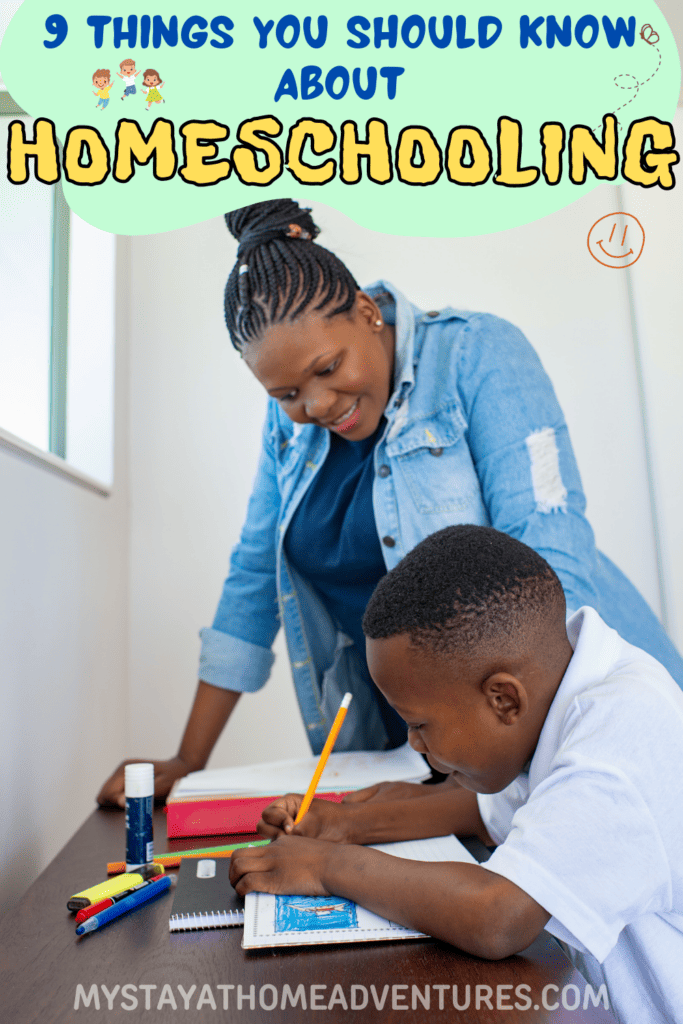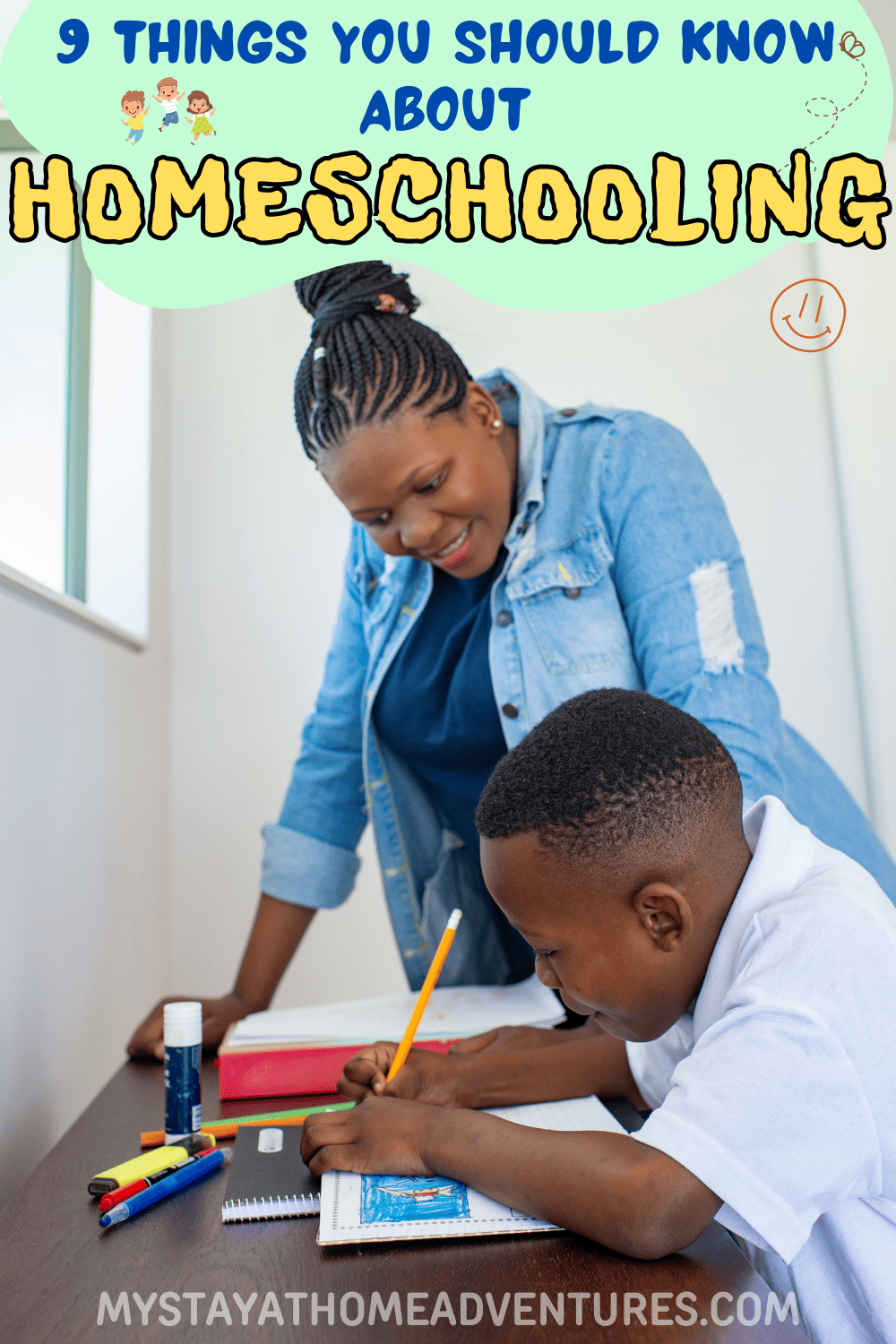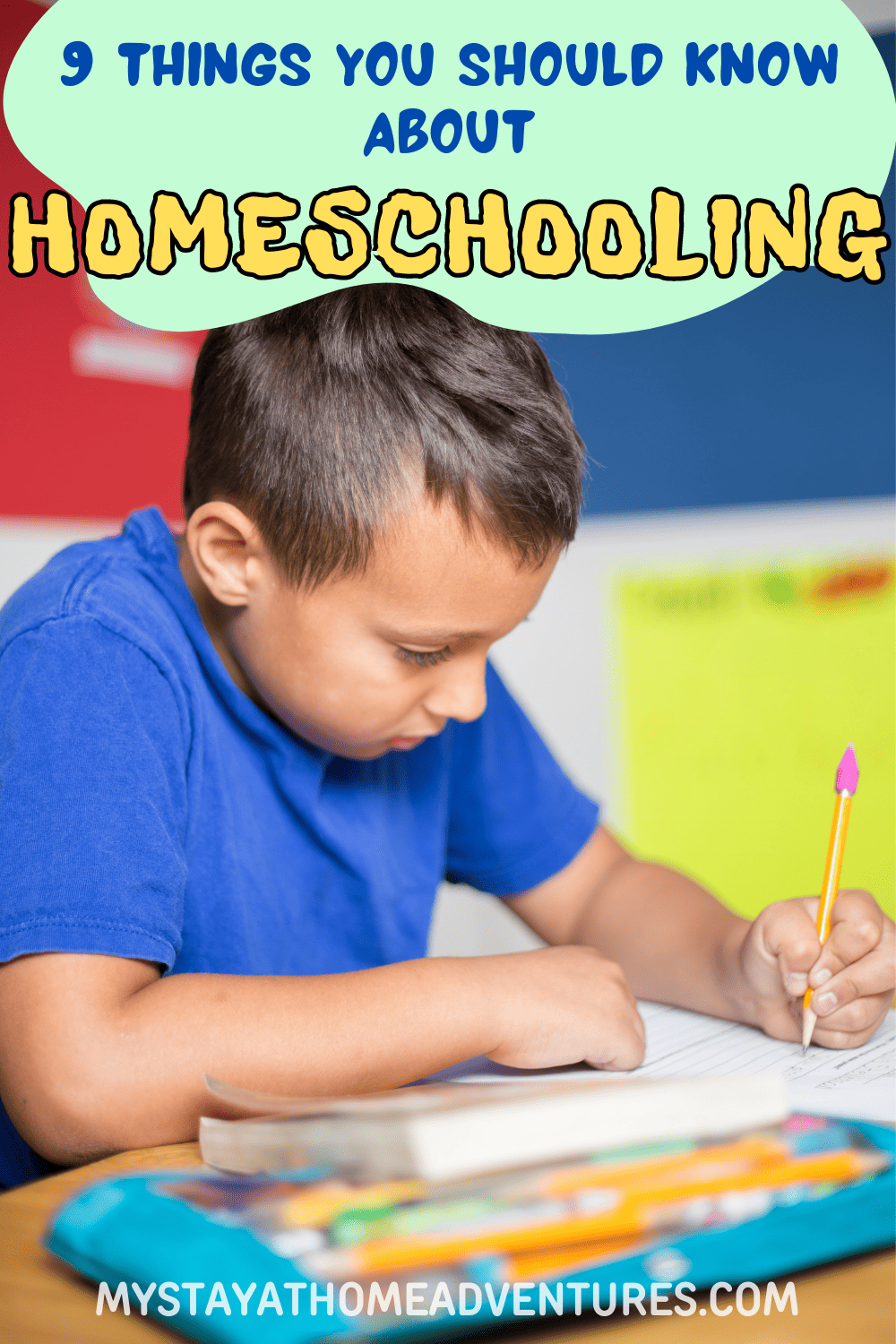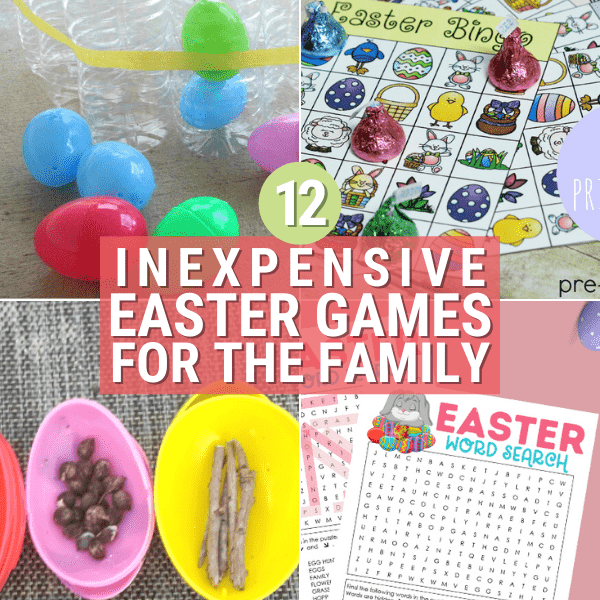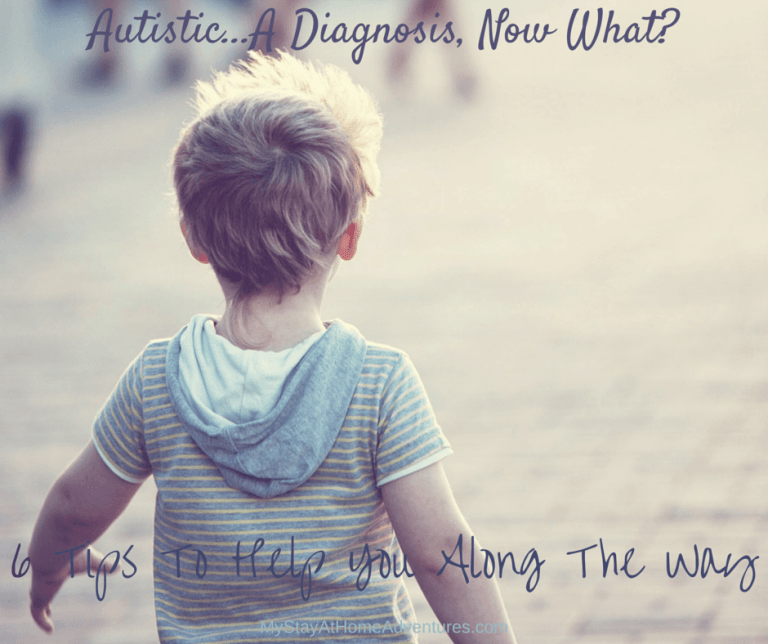9 Things You Should Know About Homeschooling
This post may contain affiliate links which might earn us money. Please read my Disclosure and Privacy policies hereIf you're considering homeschooling, chances are you've been busy researching and weighing the pros and cons. You may have found many encouraging facts and statistics on pro-homeschooling websites, and I'm confident the Internet isn't lacking for anti-homeschooling sites offering a more discouraging viewpoint.
The fact is, there are many benefits to homeschooling – but there may be facts that you don't want to hear as well.

So that you can make an informed decision, consider the following:
Homeschooling Is Hard
Parents considering homeschooling often wonder if homeschooling is hard. Yes, it is. A homeschooling parent chooses to accept sole responsibility for guiding his or her children's education – often without the support, understanding, or encouragement of friends and loved ones.
You May Need Outside Help
You may find that you need to add academics next to housekeeping on the list of all the things you can’t do alone. Most homeschooling parents pride themselves in taking personal responsibility for their children’s education, so it may be difficult to come to terms with the realization that you may have to seek alternatives or outside help for some subject areas.
As with housekeeping, however, we must realize that we can’t excel in every area. Your child may need help in subjects with which you struggled in school, such as writing or upper-level math or science topics. In such cases, seeking support from an assignment writing service can provide the academic assistance your child needs to thrive.
You may have a child who struggles academically due to a learning challenge or a gifted student who needs more in-depth information than you’re able to provide. Perhaps you have a child who is musically or artistically inclined or wants to pursue an elective course that you have no idea how to teach.
There will likely come a time when you'll have to outsource some area of your homeschooled child's education.
There Will Be Days When You Want to Quit
Because homeschooling is hard, there will be days when you want to quit. There will be times when you can’t see that “love of learning” about which you hear other homeschooling families talk. Your kids will grumble and complain about doing their schoolwork.
They won’t consider or care about all the time you put into writing lesson plans, searching out the best resources, choosing a curriculum, and trying to make learning fun.
There will be days when you’re right there with them.
Homeschooled children don’t seem to understand that their parents enjoy school breaks as much as (and sometimes even more) they do.
They don’t understand that some days there are things we'd rather be doing than being the teacher/facilitator. They don’t acknowledge or understand the time and effort that goes into homeschooling them.
Homeschooling, like parenting, can be a thankless job until kids are older and can appreciate the love, care, and concern that went into educating—and raising—them.

There Will Be Nights When You Lie in Bed and Worry
It doesn’t matter how academically successful and socially well-adjusted your children are (or aren't). It doesn’t matter how confident a homeschooling parent you are (or aren't). None of us are immune to worry. It seems that parents inherently worry, and homeschooling often serves to add yet another layer.
Many homeschool parents are skilled nighttime worriers. That’s when we're plagued by self-doubt and our minds fill with worst-case scenarios.
Your House Won’t Be Passing Any White-Glove Tests for a Few Years
I’ve been homeschooling for well over a decade. During that time, I’ve often been asked how I do it all. The answer is I don’t – and neither do most of the other homeschooling parents I know. There are only so many hours in a day, and when you homeschool, a good many of those hours are dedicated to educating your children.
Homeschooling parents need to discuss housekeeping priorities with their spouses and children. Determine what is important to your family and what you’re willing to let go. Enlist your children’s help. Use school breaks to teach life skills, such as cooking and housekeeping, to help the school year run more smoothly.
You're Not Going to Win Any Popularity Contests
Even though homeschooling is on the rise and is becoming increasingly mainstream, it attracts its share of vocal critics. Sure, you think you’re making the right educational choices for your children, but don’t expect the masses to agree.
I've talked to homeschool parents whose children have been quizzed in the grocery store and those who have encountered strangers who've insisted that the parents are ruining their children's chances at a normal life or a decent education.
You May Not Find the Support You're Expecting in The Homeschooling Community
Not only will there be people outside of the homeschooling community telling you that you’re ruining your kids, but you’ll likely have plenty of people within the homeschooling community insisting that you’re doing it all wrong, too.
Sadly, as a community, we’re not always known for circling the wagons and supporting our fellow homeschooling parents. Instead, whether we’re simply passionate about our own choices or seeking to alleviate our insecurities, we often debate topics that are a matter of personal preference, such as homeschooling styles, curriculum choices, school start times, and even whether homeschooled kids should be allowed to school in the PJs or get dressed in the mornings.
Secular homeschoolers may feel out-of-place and unwelcome in faith-based homeschool support groups and vice versa and homeschooling parents using any sort of hybrid approach may not feel welcome anywhere.

You May Need to Brush Up on Your Multiplication Facts, State Capitals, or History Trivia Before Family Gatherings
Unfortunately, some of the most vocal critics of homeschooling might be your own family. It’s not unheard of for relatives to question your qualifications to homeschool or quiz your children on everything from math facts to obscure historical facts.
Homeschooling Isn’t a Cure-All
Many homeschooling parents seem to think that if they homeschool, they will be guaranteed happy, compliant children who never bicker with their siblings, rebel, or make poor choices as teens/young adults.
Homeschooling doesn’t mean that your child isn’t going to bully or be bullied; that you’ll raise academic prodigies or sports superstars; or that your children won't resent your choices.
Summing Up
These facts about homeschooling may seem discouraging, but that's not the intent. Instead, they're intended to give you a realistic view of the less-than-stellar aspects of homeschooling. Again, one can liken homeschooling to parenting.
Chances are parenting is harder than you'd ever imagined – but also much more richly rewarding than you'd dreamed.
So take into account:
- Homeschooling is hard, and parents are often solely responsible for guiding their children's education.
- It may be necessary to seek outside help for certain subject areas or skill sets.
- There will be days when homeschooling parents want to quit, as their children don't always understand the effort that goes into education.
- Nights may be filled with self-doubt and worry about the choices they have made.
- The house won't win any white-glove tests any time soon, as it often falls to the wayside due to educational commitments.
- Homeschooling parents may not find the support they expect in either the homeschooling community or their family circles.
- It's important to remember that homeschooling is not a cure-all; children may still struggle academically or socially despite being homeschooled.
About the author: Hannah Butler is a content writer and editor assistant at Assignment Pay, a leading online essay writing company. With a passion for detail-oriented work, Hannah has an exceptional ability to produce high-quality content for a wide range of online platforms
